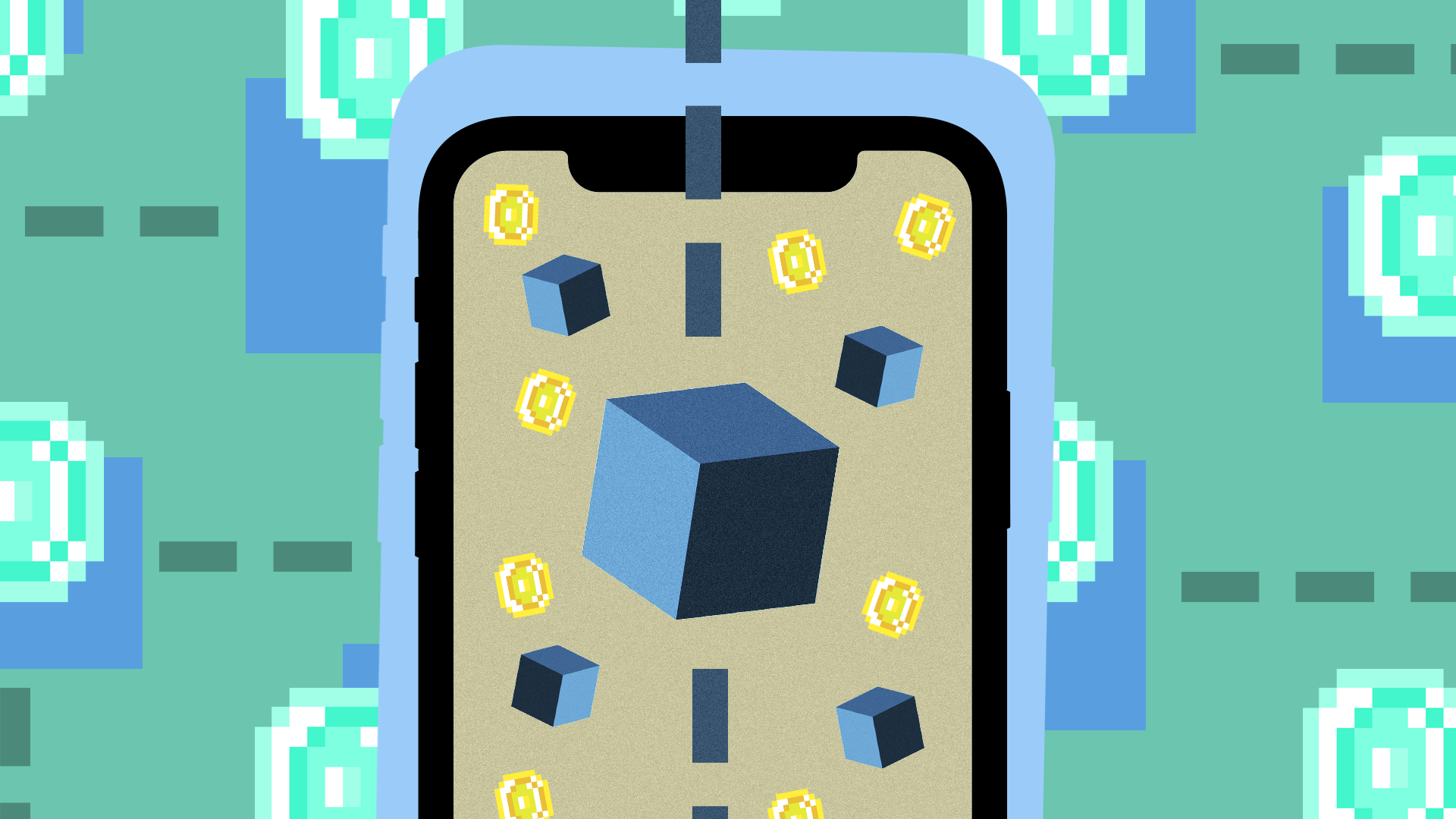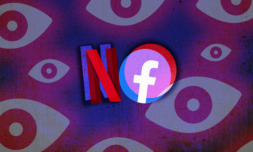By democratizing our data, dApps could be the internet’s saving grace.
Decentralized applications (dApps) are apps that run on block-chain or peer-to-peer technology, meaning that users interact directly with each other, not a central authority.
This is not the case with most applications. Photos posted to Instagram, for example, are sent to Meta’s servers and redistributed to followers. Throughout this process, Meta has the power to censor content or decide where it appears on feeds.
By contrast, dApps have no centralized server, instead storing network data on the computers of individuals. There is no singular company authority. User votes decide how applications run, what their rules are, and how data is monetized.
With Airbnb hiking rent prices, Uber slashing pay for taxi drivers, and Meta’s blatant disregard of data safety, it’s not hard to see the ways big tech has failed us.
These powerful companies can easily hide manipulative or misleading practices, even though the majority of their profits are driven by user data and continual engagement.
The workings of dApps are completely transparent, as anyone can view the block-chain at any time, and profits are more evenly distributed. Users are rewarded individually based on their input, and everyone agrees on reward systems together.
Who would vote to invade their own privacy or undercut their own wages? Instead of relying on big tech leaders not to be evil, dApps ask people to act within their own interests – a much safer bet if you ask me.
Big tech companies are also constantly in harsh competition, which means innovation is slowed by design. Our most used operating systems, iOS and Windows, are made to be largely incompatible with one another, forcing most third-party applications to be designed multiple times for different interfaces.
Although there is competition between different block-chains, it tends to be a lot less prohibitive than the competition between operating systems.
To put it into perspective, the most popular block-chain for dApps is Ethereum, which has a built-in system (the EVM) that makes it easier for developers to move their dApps onto other block-chains.
This is like if Apple released a plug-in that made it easier to run their apps on a Microsoft computer! The dApp ecosystem is currently much more open to collaboration, although it’s possible this will change with more time and investment.
Another thing to consider is that big tech companies charge extortionate fees to host an app. The industry standard is 30% on all apps and in-app purchases.
This makes financial success extremely difficult, discouraging developers from innovation. For comparison, dApps are run on top of a block-chain currency, meaning that lots of smaller transactions incentivize people to run the app, rather than big profits.
This approach means built in reward systems are possible for developers, creators, or users that choose to share their data. Without a central authority, there is also no singular figure taking a cut. Money simply circulates through those who own and use the currency.
Although developers are currently probably better off selling through the App Store, as dApps gain popularity, a fairer reward system could take shape.
Despite all the possible advantages to dApps, however, there are some red flags we shouldn’t ignore.




















